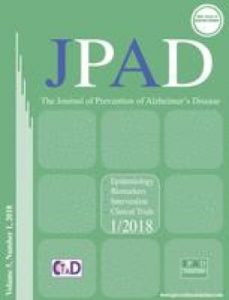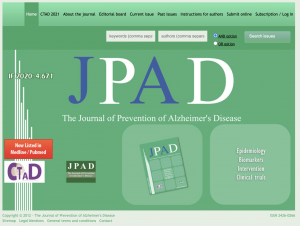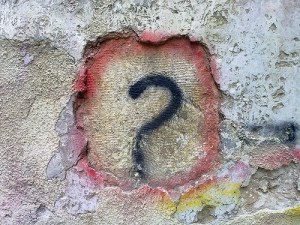
Apologies in advance for the fact that this post is really just for the science publishing completists out there. But we know you’re out there.
Last week, Endpoints News, STAT and a few other outlets reported that Biogen had, in Endpoint’s words, “finally” published the key data behind the approval of Aduhelm by the U.S. FDA – a controversial green light, to say the least. The company had previously withdrawn the manuscript from JAMA because the journal had – gasp! – demanded edits, Axios reported last year.
Critics pointed out that the Journal of Prevention of Alzheimer’s Disease (JPAD) – where the study was eventually published – was a far cry from JAMA, and suggested that the paper was subjected only to peer-review lite.
Then the paper disappeared.
Continue reading So what happened with that Biogen Aduhelm study, anyway?





 Recently, a reader contacted us with an interesting scenario: He’d recently heard about an author who asked for a refund of his page charges after he had to retract a paper for an honest error.
Recently, a reader contacted us with an interesting scenario: He’d recently heard about an author who asked for a refund of his page charges after he had to retract a paper for an honest error.




